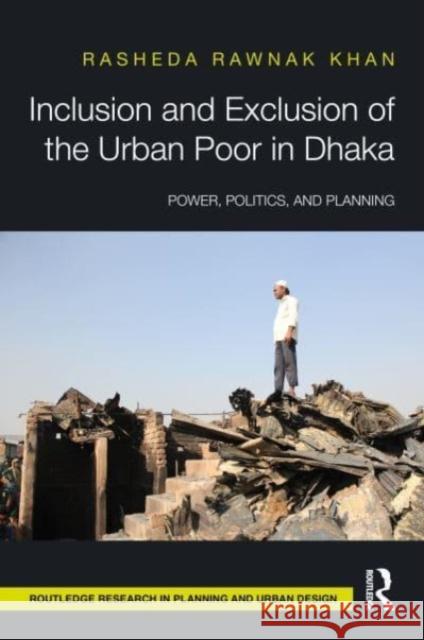Inclusion and Exclusion of the Urban Poor in Dhaka » książka
topmenu
Inclusion and Exclusion of the Urban Poor in Dhaka
ISBN-13: 9781032539232 / Twarda / 2023 / 234 str.
Inclusion and Exclusion of the Urban Poor in Dhaka
ISBN-13: 9781032539232 / Twarda / 2023 / 234 str.
cena 754,51
(netto: 718,58 VAT: 5%)
Najniższa cena z 30 dni: 654,86
(netto: 718,58 VAT: 5%)
Najniższa cena z 30 dni: 654,86
Termin realizacji zamówienia:
ok. 16-18 dni roboczych.
ok. 16-18 dni roboczych.
Darmowa dostawa!
Inclusion and Exclusion of the Urban Poor in Dhaka explores how the inhabitants of poor neighborhoods in Dhaka, Bangladesh, gain inclusion in the city at the face of exclusion.











